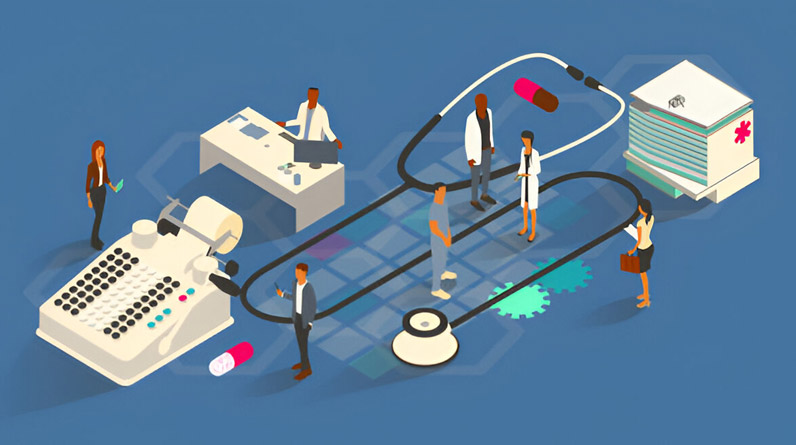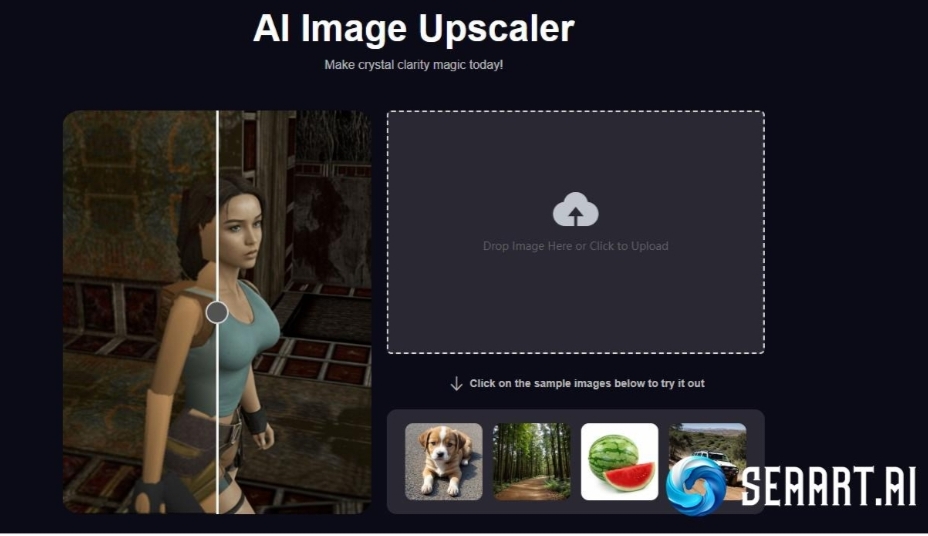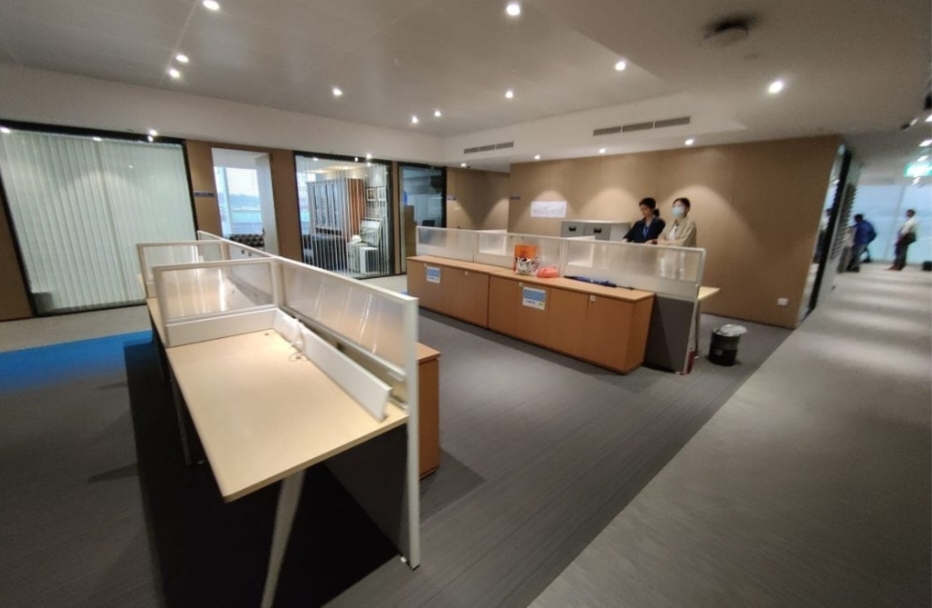In today’s healthcare landscape, choosing the right technology is crucial for ensuring effective patient care and streamlined operations. The integration of Electronic Medical Records (EMR) systems and advanced hospital management systems has become essential for clinics and hospitals alike. In this guide, we will explore the top EMR systems, their features, and how they can enhance hospital administration.
Understanding EMR Systems
Electronic Medical Records (EMR) are digital versions of patients’ paper charts. EMRs are more than just a replacement for paper; they provide real-time, patient-centered records that make information available instantly and securely to authorized users. EMRs are crucial in improving the quality of care, reducing errors, and increasing efficiency in healthcare settings.
Key Features of Top EMR Systems
When searching for the best EMR systems, here are some essential features to consider:
- Interoperability: The ability to exchange information with other systems is vital.
- User-friendly interface: An intuitive design ensures that healthcare providers can navigate the system easily.
- Customizable templates: Having templates tailored to specific practices can streamline documentation.
- Patient engagement tools: Features like patient portals help patients access their medical records.
- Data analytics: EMRs that provide analytical tools can help improve decision-making.
For a detailed list of the top EMR systems, it is essential to evaluate different software based on these features and their relevance to your specific needs.
Exploring Hospital Management Systems
A hospital management system is a comprehensive and integrated solution that simplifies the processes of managing healthcare facilities. These systems bring together various functions such as billing, patient registration, appointment scheduling, and resource management, enhancing the overall efficiency of hospital operations.
Benefits of a Hospital Management System
Implementing a hospital management system offers several advantages:
- Improved patient care: Streamlining information allows for faster decision-making and better treatment.
- Increased efficiency: Automating administrative tasks reduces manual error and saves time.
- Enhanced reporting capabilities: Comprehensive data helps administrators identify trends and make informed decisions.
- Financial management: Efficient billing processes improve revenue cycle management.
Integrating EMR and Hospital Management Systems
Integrating EMR systems with hospital management systems can result in a more holistic approach to patient care and administration. This integration allows for seamless data sharing, eliminating the chances of information silos and ensuring that healthcare providers have access to up-to-date patient information across all departments. The synergy between these systems enhances collaborative care, where different healthcare professionals can easily coordinate treatment plans for optimal patient outcomes.
Choosing the Right Systems for Your Facility
Selecting the right EMR and hospital management systems is crucial for optimizing healthcare delivery. Factors to consider include:
- Scalability: Choose systems that can grow with your practice or facility.
- Cost: Evaluate the total cost of ownership, including maintenance and ongoing support.
- Customer support: Good technical support can minimize downtime and disruptions.
- User feedback: Investigate reviews and testimonials from other healthcare professionals.
Conclusion
In the ever-evolving healthcare sector, investing in the top EMR systems and robust hospital management systems is not just advantageous; it is essential for any progressive healthcare facility. By streamlining operations, improving patient care, and enabling effective communication, these systems empower healthcare providers to focus on what matters most: their patients. Whether you’re running a small clinic or a large hospital, embracing these technologies will position you for success in today’s challenging healthcare environment.



